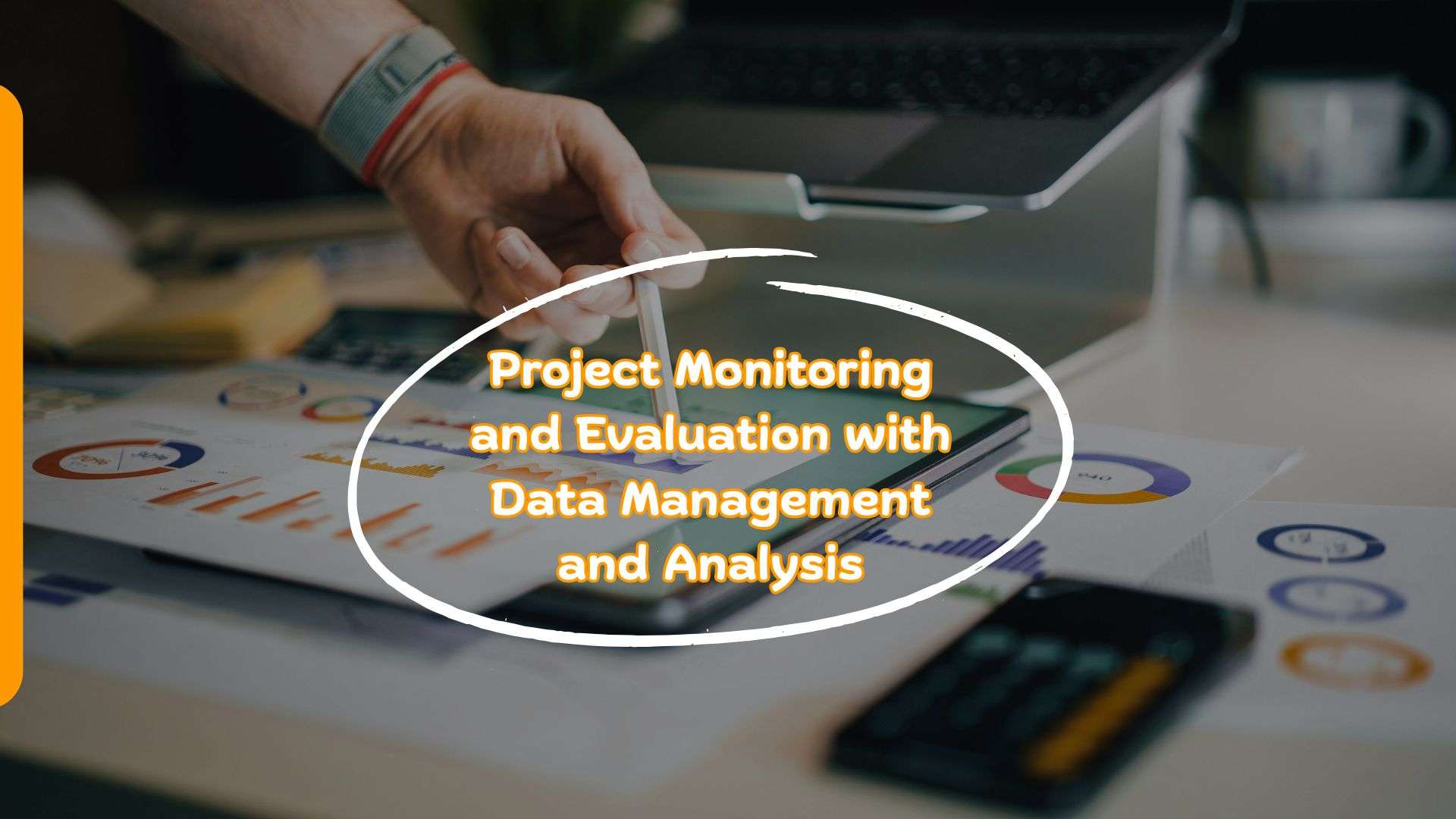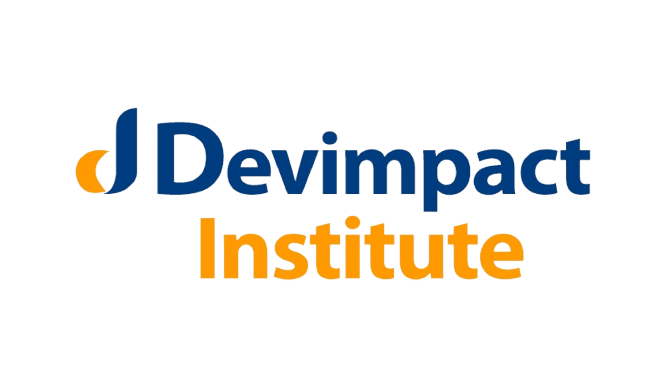
Training on Project Monitoring and Evaluation with Data Management and Analysis
This is a comprehensive M&E course that covers the principles and practices for results-based monitoring and evaluation for the entire project life cycle. This course equips participants with skills in setting up and implementing results-based monitoring and evaluation systems including M&E data management, analysis and reporting. The participants will benefit from the latest M&E thinking and practices including the results and participatory approaches.
This course is designed to enable the participants become experts in monitoring and evaluating their development projects. The course covers all the key elements of a robust M&E system coupled with a practical project to illustrate the M&E concepts.
Target Participants
This course is designed for researchers, project staff, development practitioners, managers and decision makers who are responsible for project, program or organization-level M&E. The course aims to enhance the skills of professionals who need to research, supervise, manage, plan, implement, monitor and evaluate development projects.
Course Duration
Online 14 days
Classroom-based 10 days
What you will learn
By the end of this course the participants will be able to:
- Develop project results levels
- Design a project using logical framework
- Develop indicators and targets for each result level
- Track performance indicators over the life of the project
- Evaluation a project against the set results
- Develop and implement M&E systems
- Develop a comprehensive monitoring and evaluation plan
- Use data analysis software (Stata/SPSS/R)
- Collect data using mobile data collection tools
- Carryout impact evaluation
Introduction to Project Management
- Introduction to project management
- Project cycle management
- Triple constraints in project management
- M&E in project management
Introduction to M&E
- Definition of monitoring and evaluation
- Why monitoring and evaluation is important
- Key principles and concepts in M&E
- Monitoring and evaluation processes
Results-Based Management
- Introduction to results-based management approach
- Steps in results-based management
- Application of results-based management in project design
- Understanding the results chain approach
Project Analysis
- Problem analysis
- Objectives analysis
- Strategy analysis
Project Logic Design
- Introduction to problem analysis
- Understanding M&E causal pathway
- Developing the project results levels: goal, outcomes and output
- Formulating activities
Project Indicators
- Introduction to project indicator
- Indicator development
- Predefined indictors
- Linking indicators to results in programs
- Indicator matrix
- Program indicator performance tracking
Completing the M&E Tools
- Completing the logical framework
- Developing a theory of change
- Completing the performance measurement framework
Project Monitoring
- Introduction to programs monitoring
- Types of monitoring
- Monitoring strategies
- Tools for monitoring and performance measurement
M&E Reporting
- Introduction to reporting
- Key elements in progress reporting
- Reporting schedules
M&E Plan
- Introduction to M&E system and M&E Plan
- Components of the M&E Plan
- Developing the M&E Plan
- Implementing the M&E plan
Baseline Studies in Results based M&E
- Importance of baseline studies
- Process of conducting baseline studies
- Baseline study vs evaluation
Project Evaluations
- Introduction to project evaluation
- Types of evaluations
- Process of conducting evaluation
- Project evaluation criteria
- Developing evaluation questions
- Developing evaluation matrix
- Evaluation reporting
Overview of Impact Evaluation
- Introduction to impact evaluation
- Project attribution for outcome of interest
- Impact evaluation designs
Learning in M&E
- Introduction to learning
- Documentation of lessons learned and best practices
- Use of learning to improve and strengthen projects
- M&E Results dissemination
Gender Mainstreaming in M&E
- Key gender concepts and definitions
- Overview of gender mainstreaming in project management
- Engendering the logical framework
- Development of gender responsive data collection methods and tools
M&E Data Collection Methods and Tools
- Sources of M&E data –primary and secondary
- Qualitative data collection methods
- Quantitative data collection methods
- Participatory data collection methods
- Introduction to data triangulation
Mobile Data Collection
- Introduction to mobile data collection
- Setting up MDC
- Setting up the server
- Design of data collection forms
Introduction to Data Analysis
- Introduction statistics and data analysis
- Understanding descriptive vs inferential statistics
- Understanding variables
- Introduction to data types
Statistical Data Management
- Data cleaning and management
Exploring Data
- Descriptive analysis
- Frequencies
- Basic univariate analysis
- Cross tabulations
- Basic univariate analysis
- Cross tabulations
Comparison Tests
- Understanding parametric vs non-parametric tests
- Choosing a test – decision tree
- Parametric data- T test, ANOVA
- Non-parametric data
- Proportions
Tests of Association
- Introduction to correlation analysis
- Parametric data - Pearson correlation
- Nonparametric data - Spearman rank correlation
Regression Analysis
- Introduction to regression analysis
- Regression diagnostics – measurement error, multicollinearity, heteroskedasticity, endogeneity, non-normality
- Parametric data - linear regression analysis (simple and multiple regression)
- Non-parametric data – non parametric regression
- Categorical dependent variables – logit and probit regression models
Data Visualization
- Pivot tables
- Graphs and charts
- Dashboards

